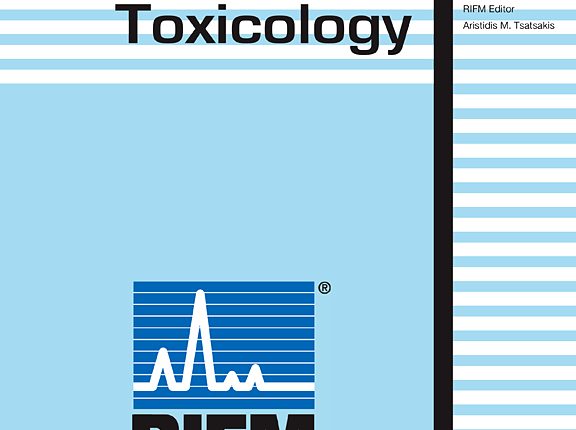The study, led by Dr. Ivan Rusyn, a professor in the Veterinary Integrative Biosciences (VIBS) Department at the Texas A&M College of Veterinary Medicine & Biomedical Sciences (CVMBS), published in Food and Chemical Toxicology. found that some energy drinks have adverse effects on the muscle cells of the heart.
The researchers observed that laboratory-grown human heart cells that were exposed to some energy drinks showed an increased beat rate and other conditions affecting cardiac function. Within the human body, consumption of these beverages has been linked to improper beating of the heart, a disease of the heart muscle which makes it difficult for the heart to pump blood, increased blood pressure, and other heart conditions.
Researchers evaluated 17 widely available over-the-counter brands and treated cardiomyocytes with each drink. By comparing the effects and differing ingredient concentrations in each drink, they were able to infer which ingredients may be contributing more to adverse effects. With mathematical models, they determined that the possible presence of theophylline, adenine, and azelate, can have negative effects on the heart.
Further research is warranted on the ingredients identified in this study to ensure the safety of their consumption, especially by consumers with pre-existing health conditions.

